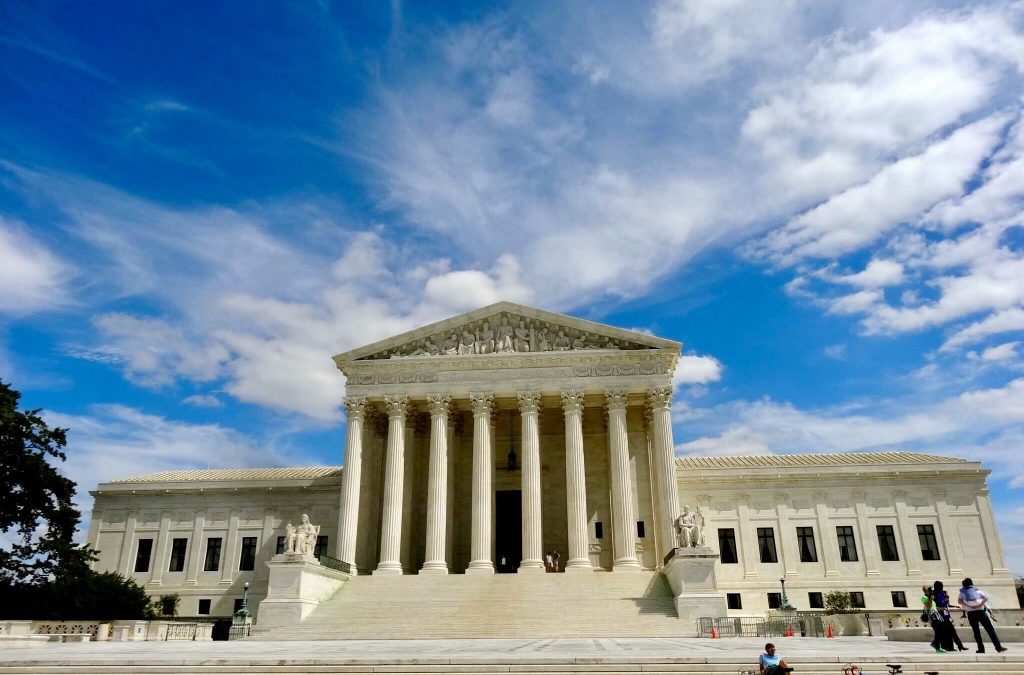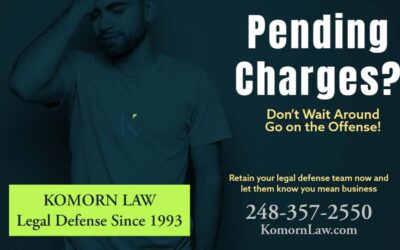Michigan Court of Appeals – People v. Bosworth
Despite these efforts, the jury found the evidence against Bosworth compelling.
In the case of People v. Christopher Mychael Bosworth, the Michigan Court of Appeals rendered a decision on July 18, 2024. Bosworth was convicted by a jury of first-degree murder, assault with intent to commit murder, and two counts of possession of a firearm during the commission of a felony (felony-firearm). These convictions stemmed from a violent incident that occurred in Muskegon County.
Incident Details
The incident leading to Bosworth’s convictions occurred in late 2022. Bosworth was accused of fatally shooting one individual and attempting to kill another. The circumstances of the crime involved a dispute that escalated, resulting in the use of a firearm. The prosecution presented evidence that Bosworth acted with premeditation and intent, elements crucial for the first-degree murder charge under Michigan law (MCL 750.316(1)(a)).
Trial and Evidence
During the trial, the prosecution’s case was built on eyewitness testimonies, forensic evidence, and Bosworth’s own statements. The defense argued that Bosworth did not have the requisite intent for first-degree murder and sought to undermine the reliability of the eyewitness accounts. Despite these efforts, the jury found the evidence against Bosworth compelling.
Appeal Grounds
On appeal, Bosworth raised several issues, including challenges to the sufficiency of the evidence, procedural errors during the trial, and the effectiveness of his trial counsel. He contended that the evidence presented did not support a finding of premeditation and intent necessary for a first-degree murder conviction. Additionally, Bosworth argued that the trial court made errors in admitting certain pieces of evidence and that his attorney failed to provide an adequate defense.
Court of Appeals Decision
The Michigan Court of Appeals reviewed the case and upheld Bosworth’s convictions. The court found that the evidence, when viewed in the light most favorable to the prosecution, was sufficient to support the jury’s verdict. The court noted that the testimonies and forensic evidence presented at trial were adequate to establish Bosworth’s guilt beyond a reasonable doubt.
Regarding the procedural errors claimed by Bosworth, the Court of Appeals determined that any errors made during the trial were harmless and did not affect the overall fairness of the proceedings. The court also dismissed Bosworth’s claims of ineffective assistance of counsel, concluding that his attorney’s performance did not fall below an objective standard of reasonableness and that there was no reasonable probability that the outcome would have been different absent the alleged deficiencies.
Conclusion
The decision in People v. Bosworth reaffirms the standards for evaluating sufficiency of evidence and handling claims of trial errors and ineffective counsel on appeal. The case illustrates the rigorous scrutiny applied by appellate courts to ensure that convictions are supported by substantial evidence and that defendants receive a fair trial.
Read the opinion here:
Legal Counsel and Your Rights
When facing legal challenges, particularly in criminal cases, it is advisable to seek legal counsel immediately.
An experienced attorney can provide guidance on how to navigate interactions with law enforcement while safeguarding your constitutional rights.
Since 1993 our expert legal defense in navigating criminal law matters and protecting your constitutional rights are what we eat for breakfast everyday.
Contact Komorn Law PLLC if you’re ready to fight and win.
Research us and then call us.
More Rights You Should Know
No Results Found
The page you requested could not be found. Try refining your search, or use the navigation above to locate the post.

Listen Live to the US Supreme Court
Listen live to arguments in the Supreme Court. On Monday, the Supreme Court is set to hear arguments over the phone for the first time ever due to the coronavirus pandemic; they'll hear 10 cases remotely from now until May 13. But that's not the only history being...
Other Articles
This drug will eat your flesh turn your skin green and it’s in Michigan
This illicit drug will eat your flesh, turn your skin green, scaly and it's in MichiganWe did not post any pictures depicting the results of abuse because it is horrifying. If you must see - Google for images of Krokodil.Authorities are warning to be cautious of...
$700 Million Settlement Against Johnson and Johnson – What’s Your Cut?
Attorney General Nessel Reaches $700 Million Settlement Against Johnson and JohnsonYour mom and your dad have been covering you with Johnson and Johnson powder since you were a baby. There was always a cloud of powder in the air as they slapped it on you. It got all...
I got a DUI while driving my dad’s boat – Will they take it?
I was out driving my dad's boat on the lake and I got caught drinking. Can they take the boat away from my dad who was not with me?Happy Father's Day - DadNo, in most cases, they likely won't take your dad's boat away for you getting a DUI while driving it. They Could...
Seattle settles case involving – the rights of nature
The Rights of NatureSeattle settled a lawsuit brought by the Sauk-Suiattle Tribe on behalf of salmon harmed by dams on the Skagit River. This is one of the first "rights of nature" cases in the US, and the tribe argued that the lack of fish passage measures violated...
NY judge fines unlicensed cannabis shops $15 million
It's their corner now“This punishment should serve as a clear warning for all unlicensed cannabis stores in the state: we will enforce the law and shut down your operations,” state Attorney General Letitia James saidThe owner of seven unlicensed cannabis shops in New...
When Cannabis Businesses Are No Longer Subject to IRS 280E
IRS 280E and Cannabis BusinessesWhat is IRS Section 280E? Section 280E of the Internal Revenue Code restricts businesses from deducting typical business expenses from their gross income related to the distribution of Schedule I or II substances per the Controlled...
I am going to Canada – Can I bring my cannabis?
Borders and Cannabis and MoneyFerengi Rule of Acquisition #41. Profit is its own reward.If you bring your own cannabis to Canada. How does the Canadian government profit? They don't so they will punish you if you get caught. It's simple. It's about the money. That is...
Squatters in Michigan
SquattersSquatting, in one definition is the unauthorized occupation of a property, can be a frustrating ordeal for property owners in Michigan. Understanding the relevant laws and procedures is crucial for regaining possession of your property.Squatting vs. Adverse...

















